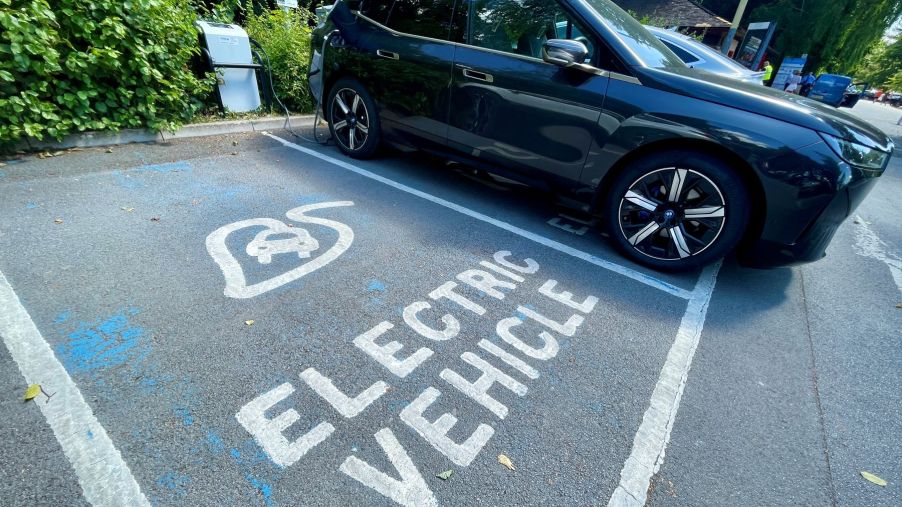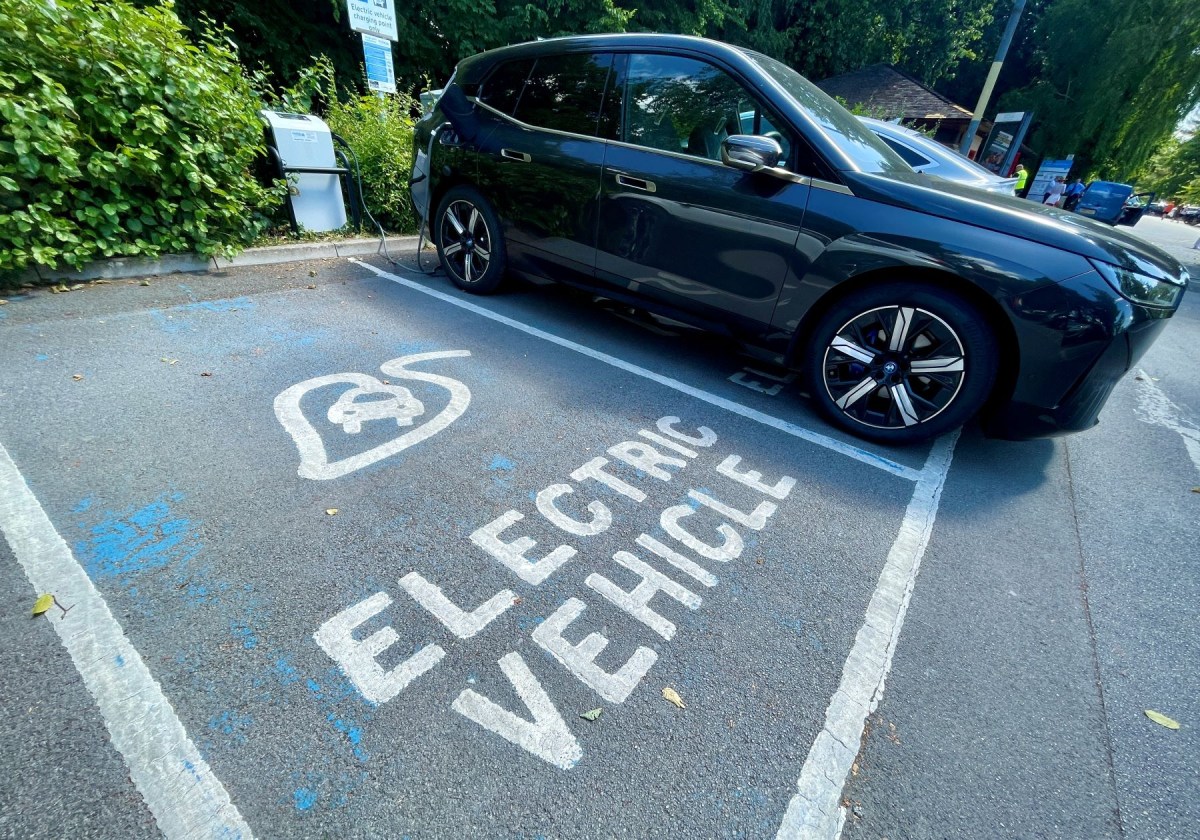
How Much Does It Cost to Charge an Electric Car at Meijer?
As you’re out and about running errands, you’re likely seeing more businesses with charging stations for employees, patrons, and the public. And it only helps reinforce your decision to consider buying an electric vehicle for yourself. But before you jump head-first into the electric car market, remember there are costs to consider when charging at some of these publicly located charging stations.
Check out some of the other insights we shared about different retailers and businesses providing charging stations. And if you have a Meijer store in your neck of the woods, keep reading. See how much it will cost you to charge an EV at Meijer.

Charging levels you need to understand before plugging in your electric car
If you’re new to EVs, you’ll want to educate yourself on the various levels of charging. Not all charging stations will be compatible with your EV. And there are different costs and charging times for each, as well. The U.S. Department of Transportation is a great resource for defining Level 1, Level 2, and Level 3 charging.
Level 1 charging, which is the most universal, can charge an EV battery from empty to full in about eight to 12 hours, depending on your car’s battery. Drivers can expect 120V of current with these stations. These are typically the stations you use at home to charge your EV.
Level 2 charging can cut the charging time in half when compared to Level 1, usually in roughly four to six hours. These units typically bring 240V of current. Level 2 charging stations are the most prevalent in high-traffic retail areas and among businesses providing them.
Level 3 chargers or DC fast-charging like Tesla’s Supercharger is uniquely equipped for mind-boggling quick charging, with up to 400V+ of current. These are the stations you’ll likely see more frequently along major highways.
How charging rates are determined
When you buy a gas-powered car, you’ll look at fuel efficiency and miles per gallon to help you gauge costs. But with an EV, you’ll have to do your math a little differently.
Charging requires electricity, which comes with a price tag. And depending on your model of EV, you’ll use that battery power at a certain rate. You’ll need to know the cost of electricity per kWh per 100 miles.
You’ll also need to know how much juice your EV uses to travel those 100 miles. As an example, if you’re being charged 10.7 cents per kWh, and your EV uses 27 kWh to travel 100 miles, your cost per mile is roughly $0.03.
So when Meijer says it’s going to play a role in reducing carbon emissions and begin offering EV charging stations, you’ll need to do the math, understanding the level of charging available at your location. And you’ll need to check the latest Meijer-determined rates, as determined by the type and brand of charging station.
Meijer is adding more electric car charger locations
Earlier last year, Progressive Grocer shared that some Meijer store locations were opening fast-charging stations. The retailer partnered with EVgo to join the growth and expansion of the EV infrastructure.
This announcement came one year after Progressive Grocer shared the news that Meijer was committing to installing more EV charging stations at more of its store locations. A Grand Rapids, Michigan, Meijer store was the first with this EVgo partnership to launch its first fast-charging unit. These first chargers were capable of 100 kW to 350 kW of fast charging currents.
To learn if your local Meijer store has charging stations available for shopping customers, you can use mobile apps like PlugShare to find EV charging station locations near you. Read your EVs manual to learn what level of charging is ideal. And check with your local Meijer stores about charging rates within your region.


